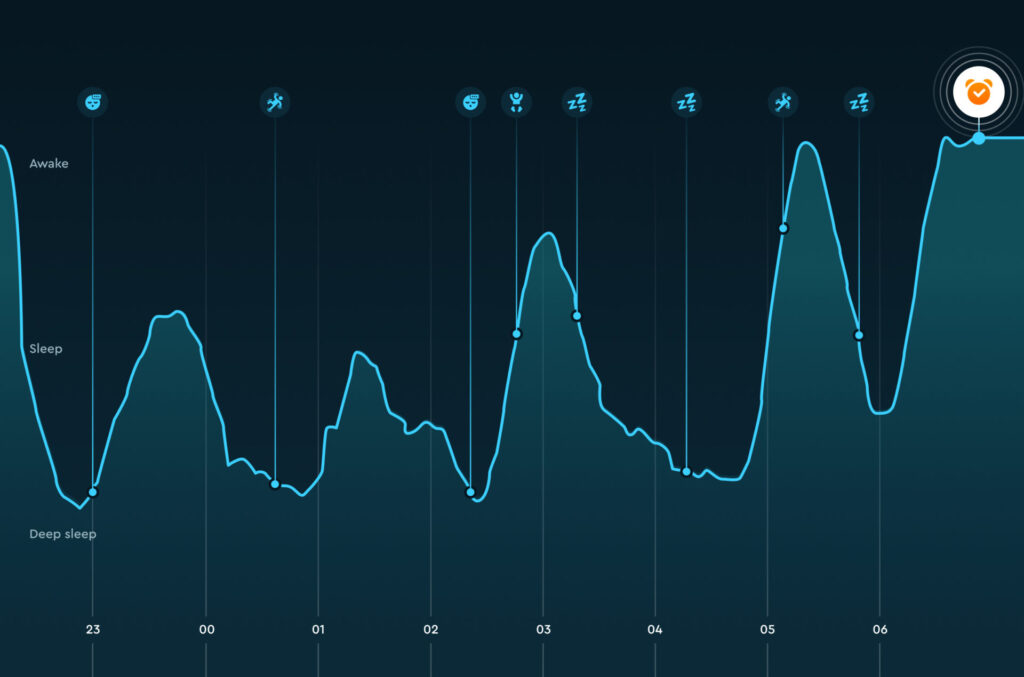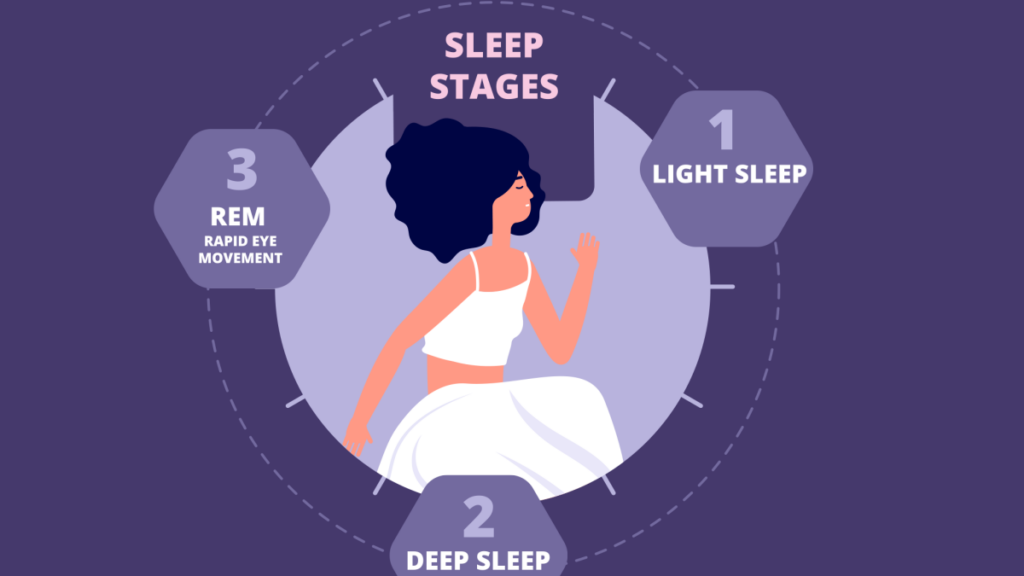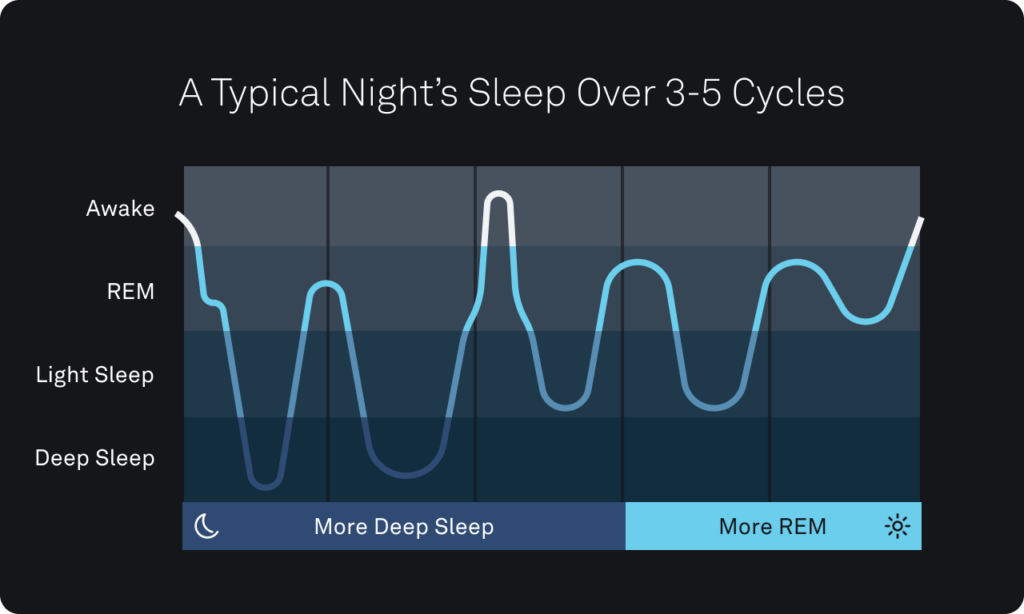Sleep apnea is a common sleep disorder that affects millions of people worldwide. It is characterized by pauses in breathing or shallow breaths during sleep, which can lead to daytime fatigue, poor concentration, and other health problems. In Brisbane, a comprehensive sleep apnea test is available to help evaluate and diagnose this condition. Understanding sleep apnea and the importance of sleep health is crucial for maintaining overall well-being.
Understanding Sleep Apnea
Sleep apnea is a complex disorder that can have serious implications on both physical and mental health. The science behind sleep study Brisbane involves the obstruction or collapse of the airway during sleep, leading to breathing difficulties. This disruption in breathing can happen repeatedly throughout the night, causing interruptions in the sleep cycle.
The Science Behind Sleep Apnea
During sleep, our muscles naturally relax, including those in the throat and tongue. For individuals with sleep apnea, these muscles relax to such an extent that they obstruct the airway. This obstruction results in decreased oxygen levels in the bloodstream and triggers the brain to briefly wake up to resume breathing.

This repetitive process of interrupted sleep can lead to various symptoms and complications if left untreated.
It is important to note that there are three main types of sleep apnea: obstructive sleep apnea, central sleep apnea, and complex sleep apnea syndrome. Obstructive sleep apnea is the most common form and occurs when the throat muscles relax, blocking the airway. Central sleep apnea is less common and involves the brain failing to signal the muscles to breathe. Complex sleep apnea syndrome, also known as treatment-emergent central sleep apnea, is a combination of both obstructive and central sleep apnea.
Common Symptoms of Sleep Apnea
Recognizing the symptoms of sleep apnea is crucial in seeking proper diagnosis and treatment. Some common signs of sleep apnea include loud snoring, gasping or choking during sleep, morning headaches, excessive daytime sleepiness, irritability, and difficulty concentrating.
Additionally, sleep apnea has been associated with a higher risk of developing cardiovascular problems, such as high blood pressure, heart disease, and stroke.
If you suspect that you or a loved one may have sleep apnea, it is essential to consult a healthcare professional for a proper evaluation and diagnosis. Early detection and treatment of sleep apnea can significantly improve overall quality of life and reduce the risk of associated health complications.
The Importance of Sleep Health
Sleep plays a vital role in maintaining overall health. It is during sleep that our bodies repair and rejuvenate, consolidating memories and strengthening the immune system. Neglecting sleep health can have severe consequences on our physical and mental well-being.
Establishing a consistent sleep routine is crucial for ensuring optimal health. The body follows a natural circadian rhythm, which regulates the sleep-wake cycle. Disrupting this rhythm by inconsistent sleep patterns can lead to issues such as daytime fatigue, mood disturbances, and cognitive impairment.
The Role of Sleep in Overall Health
Quality sleep is essential for various aspects of our health. It contributes to proper brain function, emotional stability, and overall productivity. During sleep, the brain processes information, helping us retain new knowledge and skills.
Moreover, sleep is essential for tissue repair and growth. Growth hormone is primarily secreted during deep sleep, aiding in muscle repair, bone growth, and overall physical development. This is especially crucial for children and adolescents, as adequate sleep supports their growth and development.
Furthermore, sleep plays a critical role in regulating hormones that control appetite and metabolism. Lack of sleep can disrupt these hormone levels, leading to weight gain and an increased risk of developing obesity-related conditions like diabetes.

Risks of Neglecting Sleep Health
Many people underestimate the significance of sleep and often prioritize other aspects of their lives over rest. However, chronic sleep deprivation can have detrimental effects on both physical and mental well-being.
Studies have shown that consistently getting inadequate sleep increases the risk of developing chronic conditions, such as cardiovascular disease, diabetes, and mental health disorders like depression and anxiety.
It is essential to prioritize sleep as a fundamental pillar of health. By recognizing the importance of quality rest and implementing healthy sleep habits, individuals can significantly improve their overall well-being and quality of life.
The Brisbane Sleep Apnea Test
What is the Brisbane Sleep Apnea Test?
The Brisbane Sleep Apnea Test is a crucial diagnostic tool used to assess and identify sleep apnea, a common sleep disorder characterized by pauses in breathing during sleep. This test plays a vital role in evaluating the severity of sleep apnea and guiding healthcare providers in developing effective treatment plans for patients.
Individuals undergoing the Brisbane Sleep Apnea Test can expect a comprehensive evaluation that involves monitoring various physiological factors while they sleep. These factors include breathing patterns, oxygen levels, and brain activity, which are essential indicators in diagnosing sleep apnea.
This non-invasive test is typically conducted in a specialized sleep clinic, where patients are comfortably accommodated for an overnight stay. The monitoring devices used during the test are carefully calibrated to collect accurate data that will assist healthcare providers in making informed decisions regarding the patient’s sleep apnea diagnosis.
How the Brisbane Sleep Apnea Test Works
Prior to undergoing the Brisbane Sleep Apnea Test, patients will have a consultation with a sleep specialist to discuss the procedure in detail and address any questions or concerns they may have. This initial step ensures that patients are well-informed and prepared for the test.
On the evening of the test, patients will arrive at the sleep clinic, where they will be comfortably set up for the night. Sensors and electrodes will be strategically placed on the patient’s body to monitor essential physiological parameters throughout the sleep cycle. These measurements may include brain waves, heart rate, eye movement, muscle activity, and oxygen saturation levels.
Throughout the night, the sleep specialist will closely monitor the data collected by the monitoring devices to assess the presence and severity of sleep apnea. The detailed analysis of this data is crucial in determining the appropriate course of treatment for the patient. By tailoring the treatment plan to the specific needs of the individual, healthcare providers can effectively manage and improve the quality of life for those diagnosed with sleep apnea.
Preparing for Your Sleep Apnea Test
Steps to Take Before Your Test
Prior to your sleep apnea test, it is important to follow certain guidelines to ensure accurate results. These may include avoiding caffeine and alcohol, as they can disrupt sleep patterns. It is also advisable to maintain regular sleep patterns and avoid napping during the day to ensure a more natural sleep experience during the test.
Furthermore, maintaining a comfortable sleep environment can also contribute to the accuracy of the test results. This includes ensuring your bedroom is dark, quiet, and at a comfortable temperature to promote optimal sleep conditions. Creating a relaxing bedtime routine can also help prepare your body for sleep and improve the quality of data collected during the test.
Additionally, it is important to discuss any medications or underlying health conditions with your sleep specialist, as they may impact the test results.
What to Expect During the Test
During the night of the test, you will be provided with a comfortable and private room where the monitoring equipment will be set up. The sleep specialist will carefully apply the sensors and electrodes to your body, ensuring minimal disruption to your sleep.
Once the equipment is in place, you will be given time to relax and maintain a normal routine before sleep. The technician will monitor the data throughout the night, ensuring the accurate recording of vital information.
It is important to remember that the test is non-invasive and painless, allowing you to sleep as naturally as possible.
Moreover, the data collected during the test will provide valuable insights into your sleep patterns and help diagnose any potential sleep disorders, such as sleep apnea. By following the guidelines provided and cooperating with the sleep specialist, you can ensure the most accurate results from your sleep apnea test.
Interpreting Your Test Results
Understanding Your Sleep Apnea Score
After the sleep apnea test, the sleep specialist will analyze the gathered data to determine the severity of your sleep apnea. This is typically done by calculating an apnea-hypopnea index (AHI) score, which measures the number of apnea and hypopnea events per hour of sleep.
A low AHI score indicates mild sleep apnea, while a high score suggests more severe sleep apnea. This score helps guide the development of an appropriate treatment plan tailored to your specific condition.
It’s important to note that the AHI score is just one piece of the puzzle when assessing sleep apnea. Other factors such as oxygen desaturation levels, sleep stages, and overall health will also be taken into consideration to provide a comprehensive evaluation of your condition.
Next Steps After Your Test
Once the results are available, the sleep specialist will discuss the findings with you and explain the recommended treatment options. Treatment for sleep apnea may include lifestyle modifications, the continuous positive airway pressure (CPAP) machine, or other oral appliances that assist in maintaining an open airway during sleep.
It’s essential to actively participate in your treatment plan and communicate any concerns or difficulties you may experience with the prescribed therapy. Your feedback is valuable in fine-tuning the treatment to ensure its effectiveness and your comfort.
Regular follow-up appointments will be scheduled to monitor your progress and make any necessary adjustments to your treatment plan. These appointments are crucial for tracking improvements, addressing any challenges, and ensuring that you are on the right path towards better sleep and overall health.
Conclusion
The Brisbane Sleep Apnea Test is a valuable tool in evaluating and managing sleep apnea. By understanding sleep apnea, recognizing the importance of sleep health, and undergoing the proper tests, individuals can take proactive steps towards improving their overall well-being and quality of life.
Other resources: Understanding the LASIK Eye Surgery Experience

